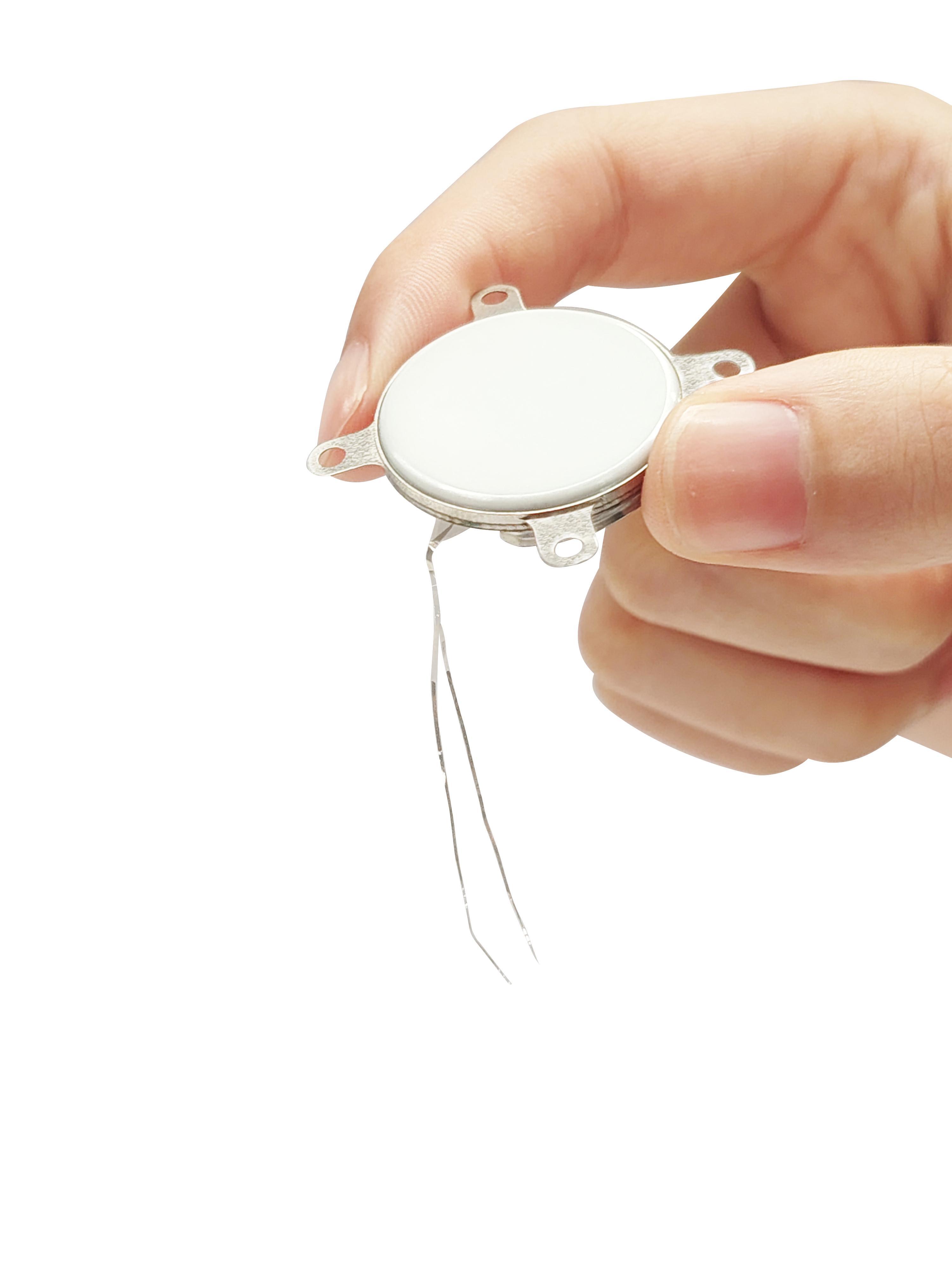New Policy to Spur BCI Industry

China has unveiled a new policy to accelerate the innovation and commercialization of brain–computer interface (BCI) technologies.
The implementation guideline on promoting the innovative development of the BCI industry, jointly issued by the Ministry of Industry and Information Technology (MIIT), the National Development and Reform Commission, the Ministry of Education, and four other ministries, outlines building world-leading BCI sectors by 2030.
BCIs establish a direct communication channel between the brain and external devices, enabling coordinated interaction between biological and machine intelligence. They hold the potential for restoring motor and speech functions in patients with strokes, traumatic brain injuries, amyotrophic lateral sclerosis (ALS), or paralysis.
According to the guideline, by 2027, China aims to achieve breakthroughs in core BCI technologies, establish advanced technical, industrial and standard systems, and bring electrode, chip and device performance up to international levels. BCIs are expected to see accelerated adoption in industrial manufacturing, healthcare and consumer applications, with two to three industrial clusters formed and a range of new application scenarios emerging.
By 2030, the country seeks to create a secure, globally competitive industrial ecosystem, develop two to three internationally influential leading enterprises, and foster a cohort of specialized and innovative Small and Medium-sized Enterprises (SMEs). In addition, it aims to build an internationally competitive industrial ecosystem and become one of the world's leading countries in terms of comprehensive strength in this area.
Progress has been made in BCI development, such as the "Beinao-1" semi-invasive, fully implantable wireless BCI system developed by the Chinese Institute for Brain Research and NeuCyber NeuroTech, which has entered the clinical validation stage. More time is, however, needed from the proof of concept to large-scale clinical application.
The guideline sets out several key tasks: advancing core hardware and software research and development, including brain signal sensors and BCI chips; developing high-performance implanted and non-invasive devices; promoting application pilots and expanding testing capacity; strengthening innovation entities and industrial clusters; and reinforcing standard settings, safety frameworks, and talent pipelines.
Policy support will include major project deployment, strengthened collaborative innovation, and financial backing through national industrial funds. Regulatory facilitation will be provided for priority products such as implanted medical devices, while insurance and compensation schemes for first-batch products will help speed market entry.
With a combination of targeted research and development, policy incentives, and industrial ecosystem building, China aims to position itself at the forefront of BCI, balancing rapid technological advances with safety, reliability and global competitiveness.






